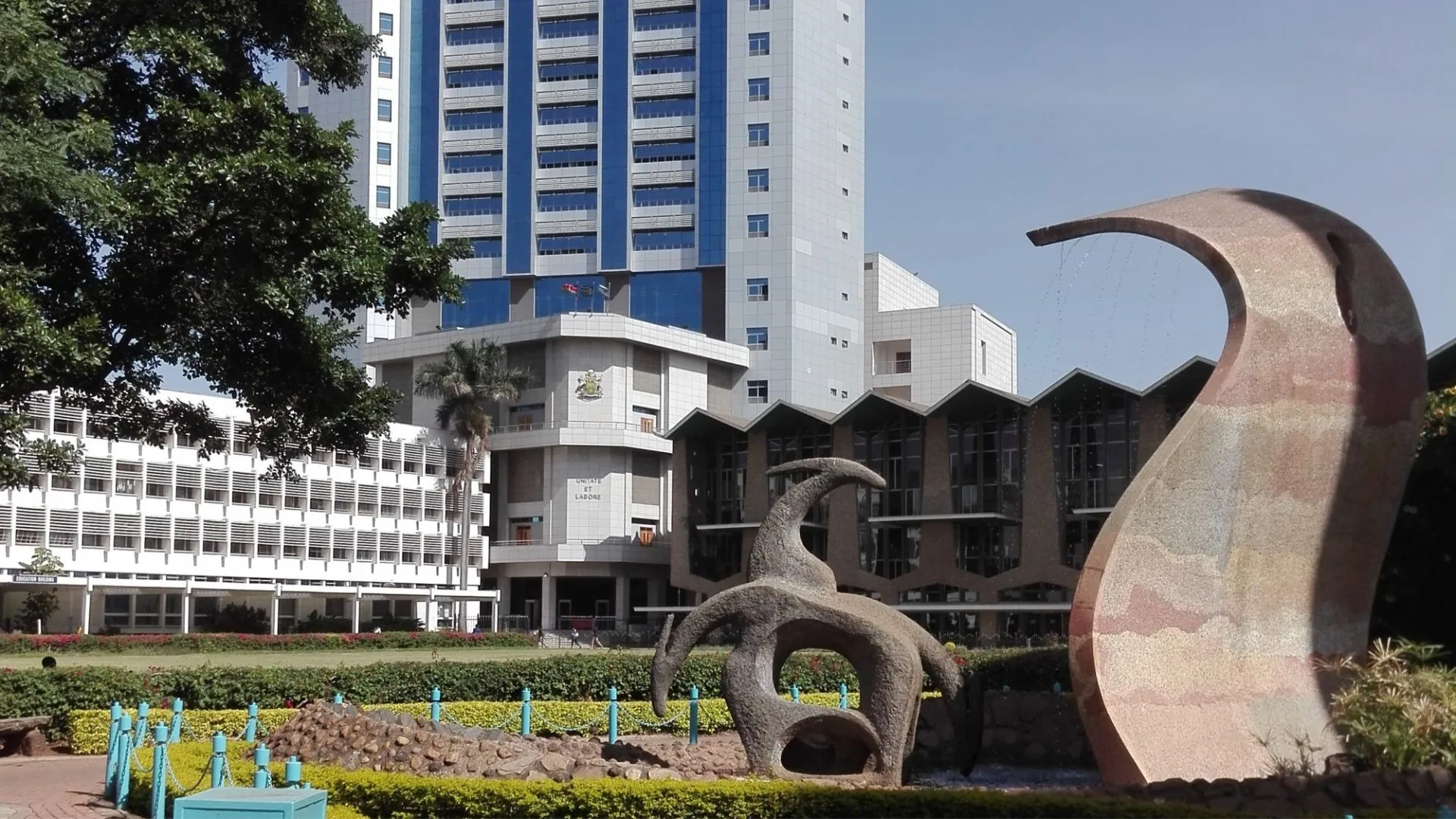UoN’s Survival Crisis: Financial Woes, Declining Rankings, Enrollment Drops and Reputation Damage.
The University of Nairobi (UoN), long regarded as Kenya’s leading institution of higher learning, is grappling with multiple challenges that threaten its reputation and operational stability.
Declining student enrollment, reduced research output, financial instability, and internal governance struggles have emerged as pressing issues requiring immediate action, as acknowledged by top university officials.
During an award ceremony for outstanding staff, Chancellor Prof. Patrick Verkooijen expressed deep concern over the university’s financial state, likening it to a house on fire.
He emphasized that internal financial mismanagement had severely impacted the institution, citing a debt increase to KSh 20 billion within two years.
Acting Vice-Chancellor Prof. Margaret Hutchinson echoed these concerns, stressing the urgent need for innovative and diversified revenue streams to ensure financial stability.
Additionally, Prof. Verkooijen highlighted that despite UoN’s improvement in the 2025 QS World University Rankings, moving from the 1001–1200 band to the 901–950 band, this was still not a position befitting a premier institution. He pointed to staff strikes, legal battles, and governance instability as factors tarnishing UoN’s reputation.
The lack of substantive leadership, with key positions held by officials in an acting capacity, was identified as a major issue that needed resolution to strengthen management.
Infrastructure and Resource Utilization Issues
The Chancellor underscored that inadequate student and staff services were hindering the university’s growth. Poorly maintained hostels, inadequate housing for staff, and substandard digital services were cited as critical areas requiring urgent improvements.
He emphasized that addressing these shortcomings was vital to enhancing the institution’s overall functionality and standing.
Prof. Verkooijen urged collective efforts from both academic and non-academic staff to restore UoN to its former glory.
He outlined an eight-point reform agenda aimed at revitalizing the university, including strengthening governance, enhancing research and learning, eliminating debt, optimizing university assets, and mobilizing external resources. He reiterated that UoN’s core focus should remain on education and research, rather than commercial pursuits.
Council Chairman Prof. Amukoa Anangwe raised concerns over declining productivity, warning that the institution’s reputation was at stake. He pointed out falling student completion rates, an increase in student complaints, and a drop in global rankings as indicators of declining academic excellence.
He emphasized that reduced student enrollment directly impacted the university’s ability to fulfill its core mandate of teaching, learning, and research, thereby affecting revenue streams.
Further, declining research output was identified as a factor weakening UoN’s position as a leading research-intensive institution. Prof. Anangwe stressed that performance management tools such as performance contracts were essential in restoring UoN’s reputation.
He acknowledged that staff morale had been adversely affected by delayed promotions and unresolved human resource concerns but assured that measures were in place to address these issues, including the clearing of promotion backlogs and securing staff pensions to ensure dignified retirements.
Strengthening Performance Management
Prof. Hutchinson highlighted the significance of performance appraisals and recognition in fostering excellence. She presented the university’s 2023/2024 evaluation report, which assessed 10 faculties, 63 teaching departments, and 13 central units.
Internal improvements included better financial utilization, secure exam platforms, enhanced staff accountability through performance improvement plans, and a stronger performance-driven culture.
Although the evaluation showed progress—17 units achieved an excellence grade compared to four in the previous year—Prof. Hutchinson acknowledged that financial sustainability, accountability in academic processes, and staff engagement remained major challenges.
She stressed the need for exploring innovative revenue streams, improving financial management, and strengthening academic processes to ensure long-term stability.
Despite the difficulties, the university took time to celebrate top-performing faculties and departments. Among those recognized for excellence were the departments of Food Science and Nutrition, Medical Microbiology, and Mechanical and Manufacturing Engineering.
While challenges persist, the leadership remains committed to steering the University of Nairobi towards recovery and excellence through comprehensive reforms and improved governance.
UoN’s Survival Crisis: Financial Woes, Declining Rankings, Enrollment Drops and Reputation Damage.



Discussion about this post